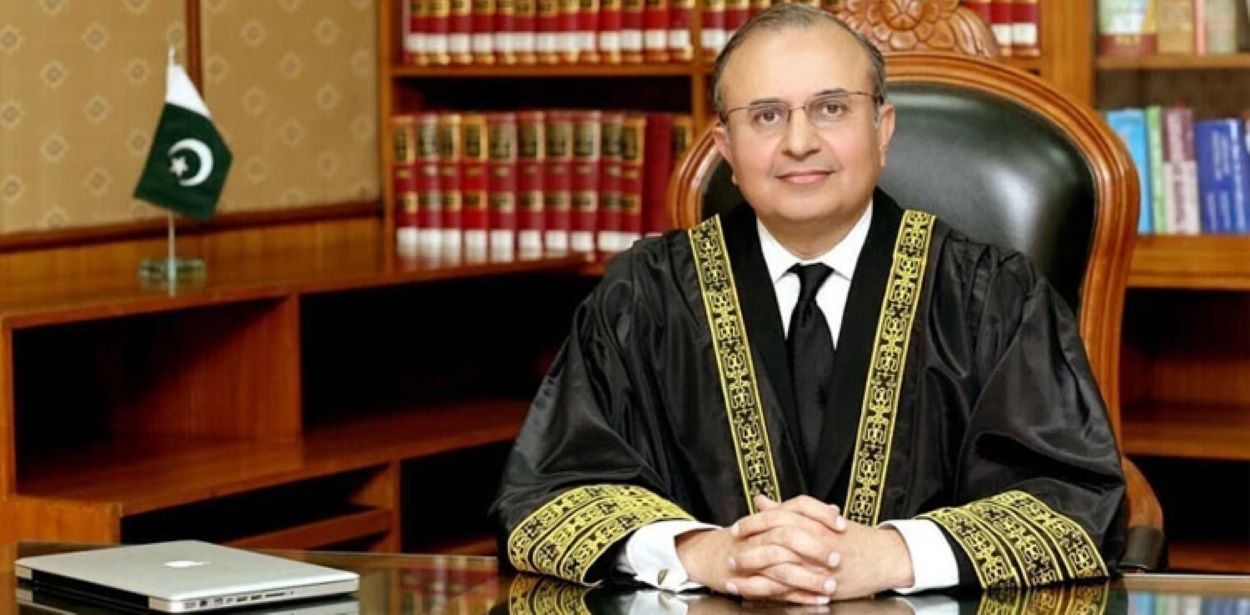Supreme Court Justice Mansoor Ali Shah raised serious concerns over the Judicial Commission of Pakistan’s (JCP) process for determining judge seniority, questioning its legality in a letter to the JCP Secretary. This follows the JCP’s appointment of chief justices for four provincial high courts.
Justice Shah, in a letter sent before a recent JCP meeting, criticised the unilateral determination of judge seniority without consulting the Chief Justice of Pakistan, as mandated by Article 200 of the Constitution. He argued that the President’s hasty decision lacked legal grounding, especially since the issue is sub judice in an intra-court appeal. Shah’s letter emphasises the need for transparent consultation to uphold judicial integrity, highlighting procedural flaws in the process.
JCP’s Recent Appointments
The JCP, chaired by Chief Justice Yahya Afridi, held four meetings on July 1, 2025, to appoint chief justices for the Peshawar, Balochistan, Sindh, and Islamabad High Courts. By majority vote, the commission confirmed acting chief justices to permanent roles, including Justice Atiq Shah for Peshawar, despite Shah’s dissent alongside Justice Muneeb Akhtar and PTI-affiliated members. The decisions, notified to the Prime Minister’s Office, aim to stabilise judicial leadership.
Read: JCP Approves Permanent Chief Justices for Four Pakistan High Courts
The seniority dispute reflects broader tensions within Pakistan’s judiciary, exacerbated by the 26th Constitutional Amendment and challenges to acting appointments, such as Justice Sarfraz Dogar’s at the Islamabad High Court. Shah’s letter underscores ongoing debates about judicial independence and executive influence, with the sub judice appeal adding complexity to the JCP’s actions.
Justice Shah’s objections highlight critical issues in the judicial process and transparency, which impact Pakistan’s legal system. The JCP’s appointments, while addressing vacancies, face scrutiny over procedural fairness, affecting public trust. As Pakistan navigates political and judicial reforms, these developments significantly impact governance and constitutional integrity, resonating with citizens and legal experts alike.






